Attachment is the latest buzz word in therapy, parenting and relationships – there is a reason for this – the evidence overwhelmingly supports attachment theory in practice. Attachment focused parenting has been the foundation for caring for children through foster-care and adoption for some time; this is due to the trauma a child experiences when separated from their birth family. Many of the best attachment focused parenting books started out in this field, however, over the last 10 or so years, the ideas and concepts have moved into mainstream parenting.
You might be wondering why attachment focused parenting is so important?
Most people come to therapy because of attachment injuries; often covered up by symptoms of anxiety, addiction, attention deficit disorders, depression, disordered eating or relationship problems. The attachment relationship we have as a child with our primary care givers is the foundation for the way we relate and connect as an adult with self, others and the world.
Attachment focused parenting is best informed by the work we do as parents from the inside out and by repairing our own attachment injuries which can be transformed within the therapeutic relationship and the secure frame held by therapists in weekly therapy.
Emma Cameron writes,
“Emotional learning needs to be experienced – it needs to be felt on a bodily level. This is because the parts of the brain that are most crucial for emotional learning are not very well accessed by what therapists call ‘top down processing’ (cognitive stuff like learning from books, teachings or thinking)….The other thing about emotional learning is that often, much of it happens within a relationship between two people.”
In addition to doing your own ‘bottom up’ and reparative work around your own attachment injuries, and regardless of whether your child is a baby, a teenager or an adult, the following books are useful for building awareness and skill building. Some of my greatest aha moments came from reading attachment focused parenting books!
Using the Circle of Security Parenting term – to ‘be with’- attachment focused parenting will help you to meet your child and ‘be with’ them in a supportive and empathic way. It will enable you to help your child to build an internal secure base, emotional resilience and the freedom to explore the world in a healthy and relational way!
As a therapist and clinical supervisor, I also recommend these books to other therapists and to my clients as a resource for building awareness and skill in regards to parenting their ‘inner child’ and the many other younger, unseen parts of themselves.
The Best Attachment Focused Parenting Books: Building a Secure Base
Attached: The New Science of Adult Attachment
By Dr. Amir Levine and Rachel Helle
I’m starting with Attached because it is the most accessible book on attachment that I’ve read in a very long time and it’s one that I recommend to all of my clients.
In this book, psychiatrist and neuroscientist Dr. Amir Levine and Rachel Heller explain why why some people seem to engage in relationships easily, while others struggle.
Pioneered by psychologist John Bowlby in the 1950s, the field of attachment argues that each of us behaves in relationships in one of these ways:
- People with an anxious attachment style are often preoccupied with their relationships and tend to worry about the other’s ability to love them back
- People with an avoidant attachment style equate intimacy with a loss of independence and constantly try to minimize closeness
- People with an anxious-avoidant (disorganised) style swing between both of the above
- People with a secure attachment feel comfortable with intimacy and are more consistently warm and loving
By reading Attached, you will discover how an understanding of adult attachment can help you to find and sustain healthy relationships. Having an understanding of your own attachment style will offer a road map for building stronger, more fulfilling connections with the people you love.
Raising a Secure Child
By Kent Hoffman, Glen Cooper, and Bert Powell
With an overload of information out there, parents today often feel pressured to be perfect. In Raising a Secure Child, the authors say that by striving to do everything right, we risk missing what children really need for lifelong emotional security.
For the first time, the simple and powerful “Circle of Security” parenting strategies that Kent Hoffman, Glen Cooper, and Bert Powell have taught thousands of families are available in this self-help book. You will learn how to protect and nurture babies through teens while fostering their independence, and also what emotional needs a child may be expressing via their behaviours.
There are stories and unique practical tools in this book to offer insight into how your own upbringing affects your parenting style and this book provides information about what you can do about that.
Raising a Secure Child puts the keys to healthy attachment within your reach—self-understanding, flexibility, and the willingness to make and learn from mistakes.
Parenting From The Inside Out
By Daniel Siegal, M.D and Mary HartZell, M.Ed
In Parenting from the Inside Out, early-childhood expert Mary Hartzell and child psychiatrist Dan Siegel, explore how your own childhood experiences influence the way you parent.
Drawing on new research in neurobiology and attachment, the authors explain how interpersonal relationships affect the development of the brain, and offer a step-by-step approach to forming a deeper understanding of your own history, which will help you to raise compassionate and resilient children.
Siegel’s cutting-edge neuroscience research combined with Hartzell’s 30 years of experience as a child-development specialist and parent educator, Parenting from the Inside Out will guide you through creating the necessary foundations for secure and loving relationships with your children.
Attachment Focused Parenting: Effective Strategies to Care for Children
By Daniel Hughes
Having attended a one-day Masterclass with Dan Hughes, he is my parenting guru and this book is definitely my parenting bible; it’s one of the best attachment focused parenting books there is.
‘Attachment security and affect regulation have long been buzzwords in therapy circles but many of these ideas—so integral to successful therapeutic work with kids and adolescents—have yet to be effectively translated to parenting practice itself. Moreover, as neuroscience reveals how the human brain is designed to work in good relationships, and how such relationships are central to healthy human development, the practical implications for the parent-child attachment relationship become even more apparent.’ – Google Books Review.
At the heart of our relational, emotional, psychological and spiritual health and well-being, is our ability to form secure, healthy and balanced attachment relationships. By focusing on the attachment relationship first and foremost, it will help you to deepen the parent-child bond and provide a secure based from which the child can confidently explore their world. Attachment Focused Parenting will help you learn all about how to do that!
Why Love Matters: How Affection Shapes a Baby’s Brain
By Sue Gerhardt
‘Gerhardt, has bravely gone where most in recent years have feared to tread. She takes the hard language of neuroscience and uses it to prove the soft stuff of attachment theory’. – Rebecca Adams, Guardian Book Review.
Sue Gerhardt is a psychotherapist in private practice; she is a leading specialist in mothers and babies. Why Love Matters is evidence based and provides an eye opening view of the baby’s brain, psyche and how these develop in relation to separation, bonding and attachment. Gerhardt links early childhood attachment and development with childhood and adult issues such as anxiety, depression, addictions, eating disorders and so forth. This book is a must for understanding the importance of attachment and is a valuable resource for making conscious choices regarding the care and well-being of your child.
Read more in my blog about Why Love Matters.
No-Drama Discipline: The Whole-Brain Way to Calm the Chaos and Nurture Your Child’s Developing Mind
By Dan Siegel and Tina Bryson
Attachment theory as the basis for parenting has been used for many years to help build connection in families who have found each other through foster care and adoption – Dan Siegel now brings this way of parenting into the mainstream. This is vitally important as there is a plethora of research emerging to back up the fact that disturbances in our early childhood attachment relationships contribute to a multitude of other concerns, disorders and impact all future relationships with self and others.
Much like with Hughes’ work, Siegel suggests a framework of connection before correction. Punishment such as time out – is out (because it leaves children feeling dysregulated) and time in – is in (because it creates connection and relationship)!
This book shows you how to discipline in a calm, loving, nourishing and empathic way – which in turn deepens the relationship and provides the child with tools for building life-long emotional intelligence.
Dan Siegel’s Whole Brain Child is also a wonderful resource.
First Steps in Parenting the Child Who Hurts
By Caroline Archer
First Steps in Parenting the Child Who Hurts is one of the best attachment focused parenting book resources for foster and adoptive parents, as it offers sensitive and practical guidance through the process of separation, loss and trauma in early childhood.
As an mother through adoption, Caroline Archer speaks from experience and provides good, practical advice and encouragement.
This book explores issues such as bringing your child home, childhood attachment and development, what to do when things don’t appear right, the impact of trauma and how to reparative parent.


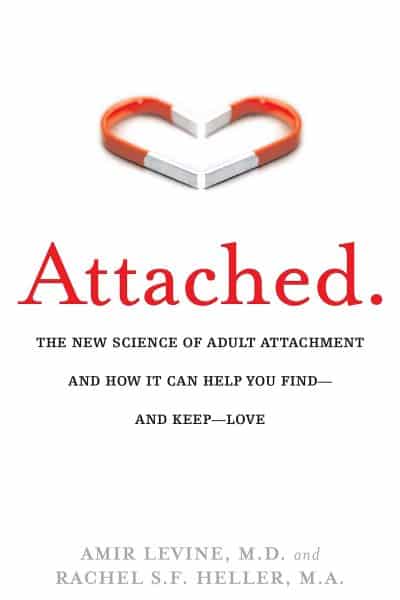
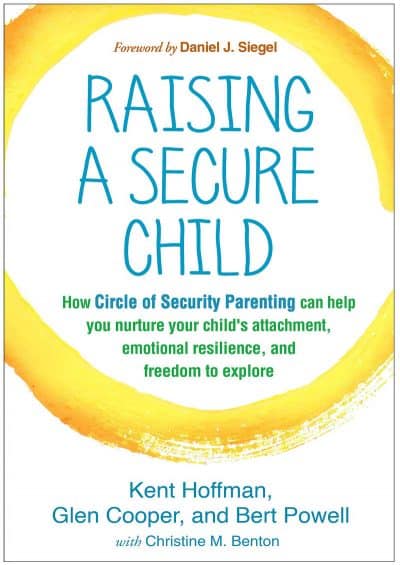
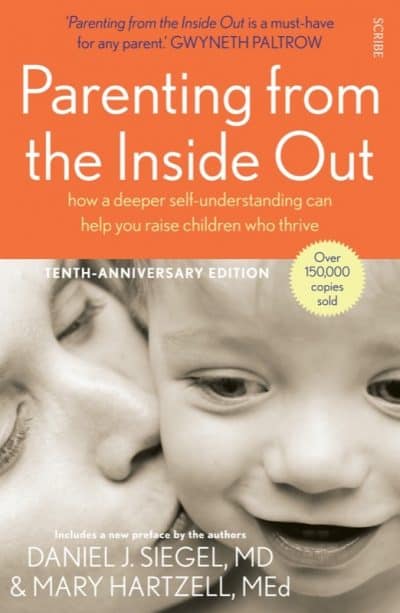
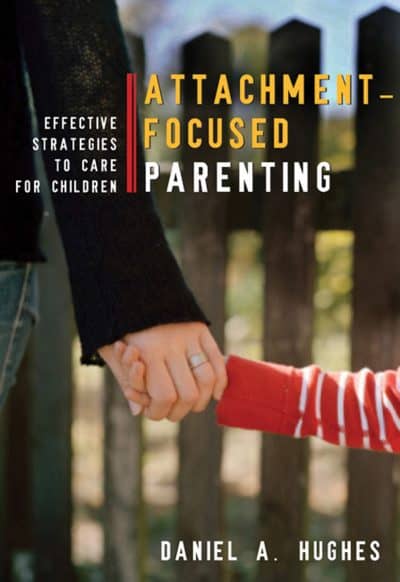
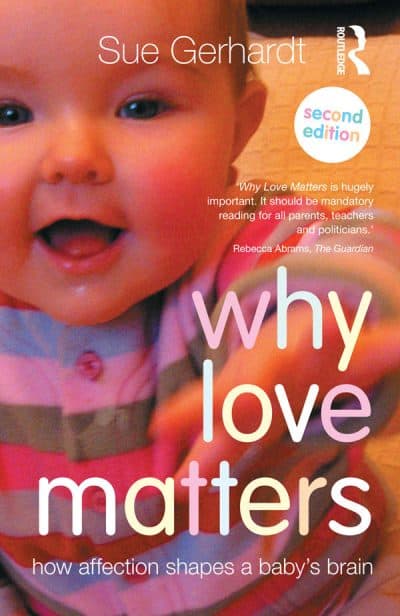
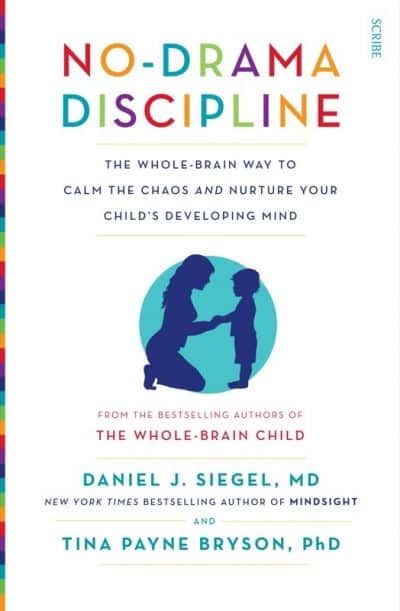
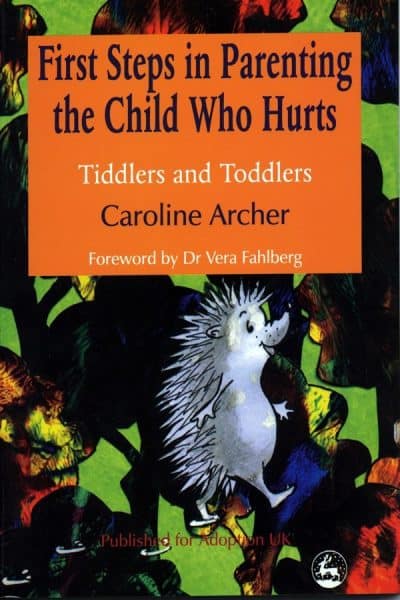



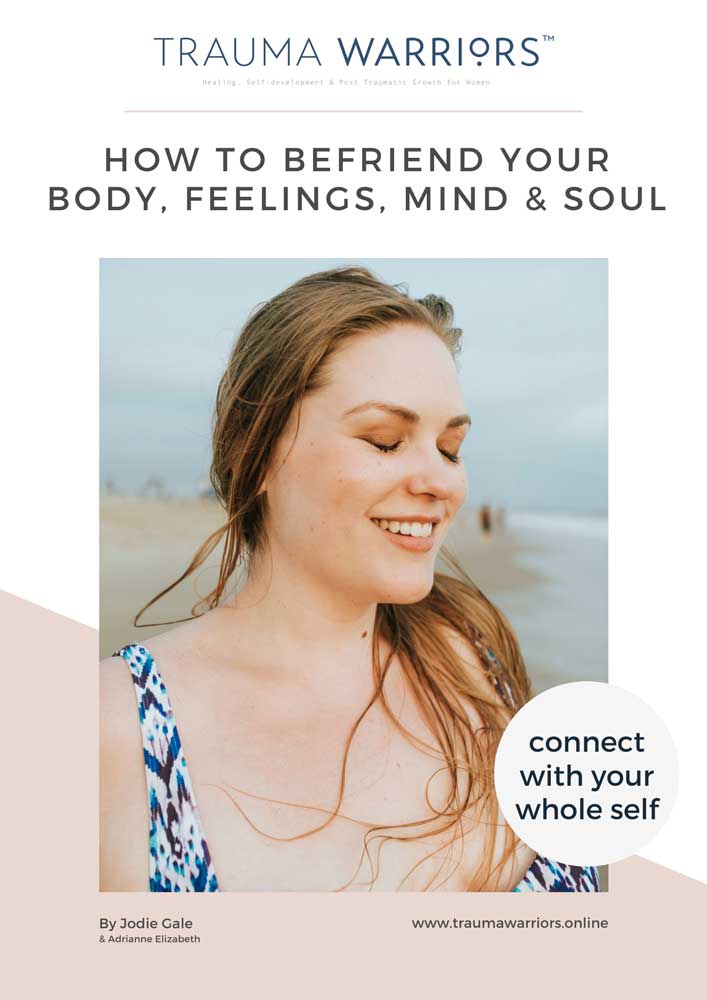


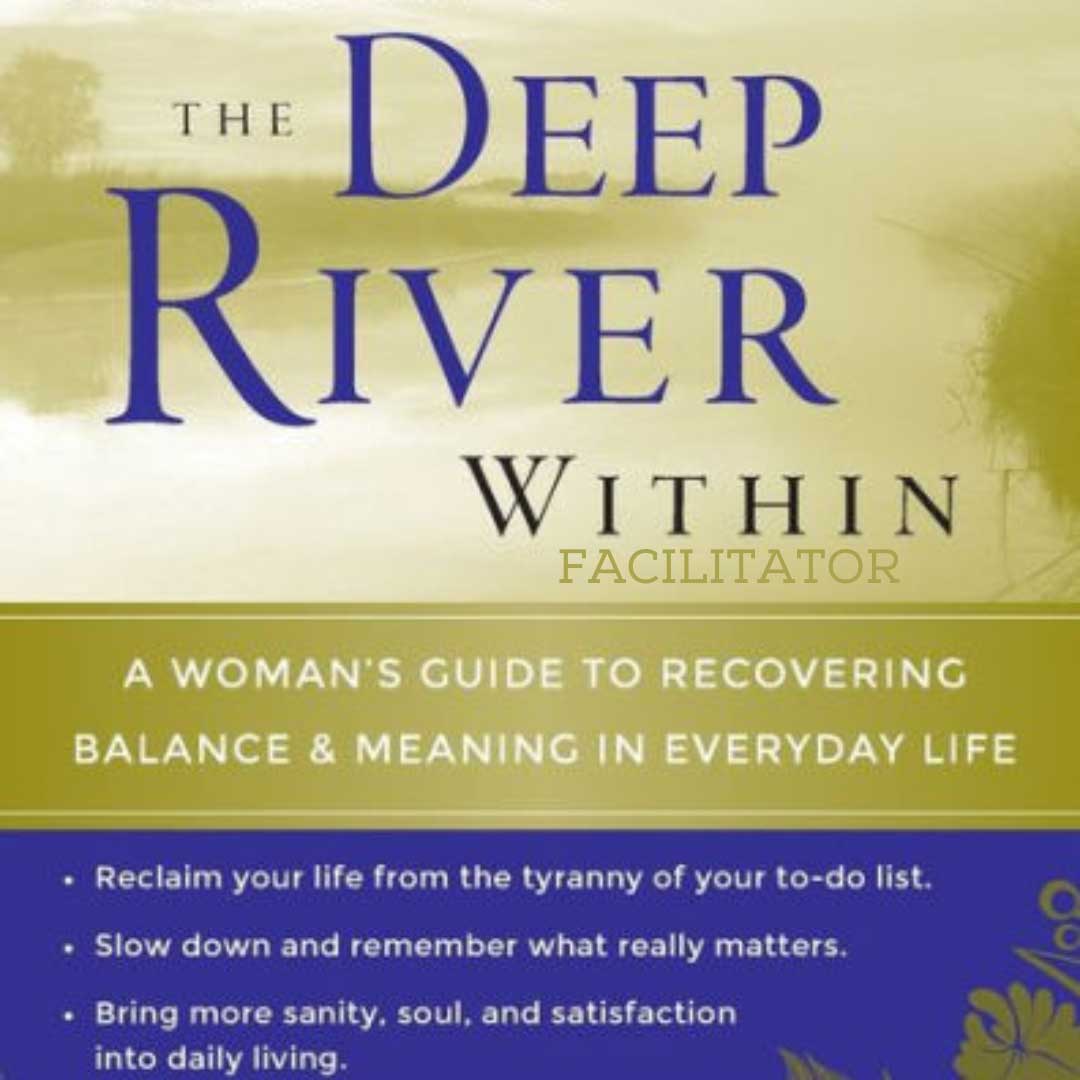
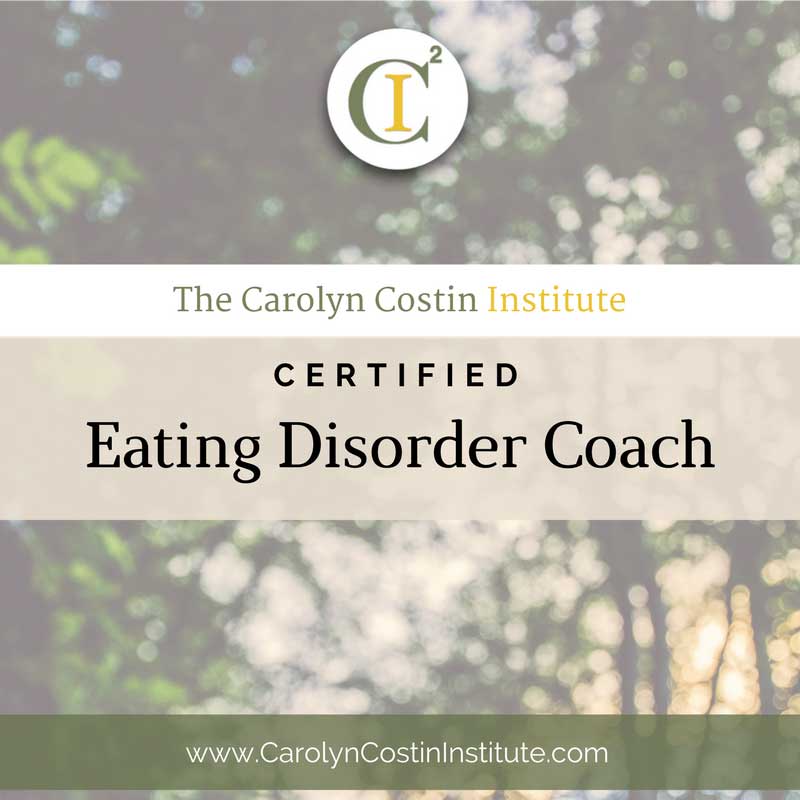
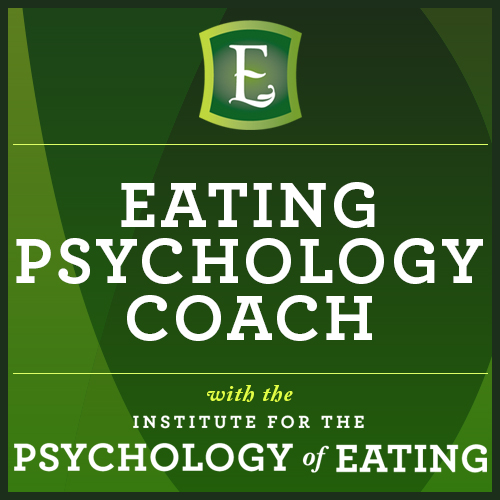
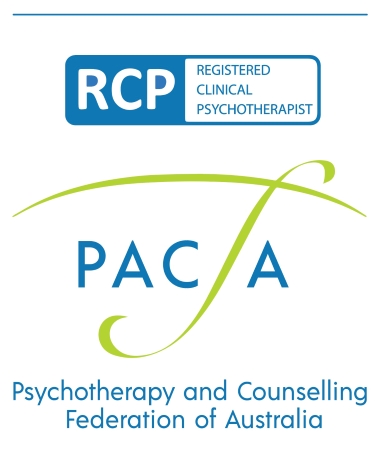

2 Responses
I would add The Secure Base Model: Promiting Secure Attachments in a Looked After and Adopted Children by Mary Beek and Gillian Schofield avsilable through BAAF
Very informative article, this will be a great source of information to Parents that are in need of help for their child’s psychiatry treatment.